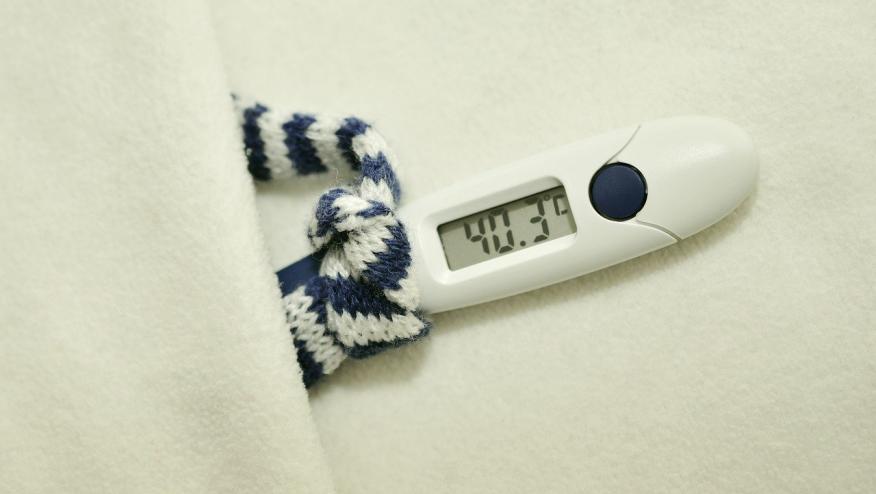JAK Inhibitors in Refractory Adult and Childhood-Onset Still’s Disease Save

Still's disease is an autoinflammatory disease characterized by spiking fever, rash, polyarthralgia, sore throat and even life-threatening complications, such as macrophage activation syndrome. It was first described by George Still in the late 1800s. Systemic Juvenile Idiopathic Arthritis (sJIA) and Adult Onset Still's Disease (AOSD) are essentially considered a spectrum of the same disease. Excessive and inappropriate production of cytokines is a cornerstone in Still’s pathogenesis.
While IL-1 and IL-6 agents have been widely used in Still’s disease, JAK inhibitors (JAKi) have shown some early promise in case reports. JAKi therapy has been used in AOSD patients refractory to or intolerant of treatment with other biologics.
Abstract #0195 at #ACR21 presents a French national retrospective study of sJIA and AOSD on JAKi based on a national survey of the departments of rheumatology, pediatric rheumatology, and internal medicine. The study included 7 patients (5 adults and 2 children) with a mean age of 40 years for AOSD and 11 years for sJIA patients. Likely because JAKi have little data in Still’s disease, all these patients were considered to have inadequate response/refractory disease. Along with concurrent steroids, 4 patients were on Baricitinib (1 was switched to upadacitinib), 2 on ruxolitinib, and one on tofacitinib. The response to JAK inhibitors was categorized as: complete remission (resolution of all clinical and biologic signs), partial remission (clinical improvement with persistence of a few symptoms) or failure (lack of clinical or biological improvement). After a follow up of 11 months, none achieved complete remission, 57% achieved partial remission, and 43% were classified as failure. Further, while the drug was tolerated well, one patient had organized pneumonia reflecting the safety profile.
Adult and pediatric still’s disease can be especially difficult to treat in refractory patients. While JAKi did show some efficacy, it may not be an ideal class of drugs as monotherapy in this disease. It is important to note that this study has a very small sample size and that all the patients were refractory, thus there may still be some utility of JAKi in Still’s disease.











If you are a health practitioner, you may Login/Register to comment.
Due to the nature of these comment forums, only health practitioners are allowed to comment at this time.